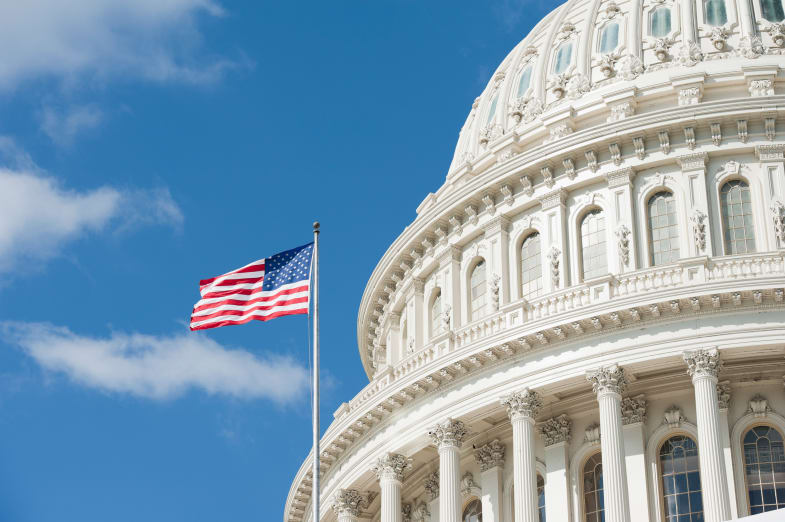GMA's 2026 Legislative Policies
GMA's 2026 Legislative Policies were approved by the GMA membership on Sunday, June 22, 2025, during the association's annual Business Meeting during the 2025 Annual Convention in Savannah. These policies are the culmination of extensive input and discussions. The process included input received by GMA staff during twelve district spring listening sessions, and a thorough review and discussion by each of GMA's six standing policy committees as well as the GMA Legislative Policy Council.
Download GMA's 2026 Legislative Policies
Governor Kemp Signs GMA-Supported Legislation
2025 Year End Legislative Report
Tort Reform Resources
Georgia’s cities are facing unprecedented challenges due to growing civil liability exposure, threatening their ability to remain insured and risking increased property taxes for residents and businesses. Unlike the state government, which benefits from the Georgia Tort Claims Act’s liability limits, cities lack similar protections. Recent multimillion-dollar verdicts, such as the $32 million jury award against the City of Milton, highlight the potential financial risks municipalities face.
Learn More
Get Involved in GMA's Legislative Initiatives
Hometown Connection
Legislative Policy Council & Policy Committees
Overview: The ROAD to Housing Act
Congressional Appropriations Requests: What Cities Need to Know
Maintaining the Tax Exemption on Municipal Bonds
Interested in the Work of a Policy Council?
GMA’s Legislative Policy Council (LPC) and Federal Policy Council (FPC) are the focal points for the Association’s state and federal policy efforts. These two councils combine their efforts and input of GMA’s six standing Policy Committees with its district outreach effort.
Learn More
